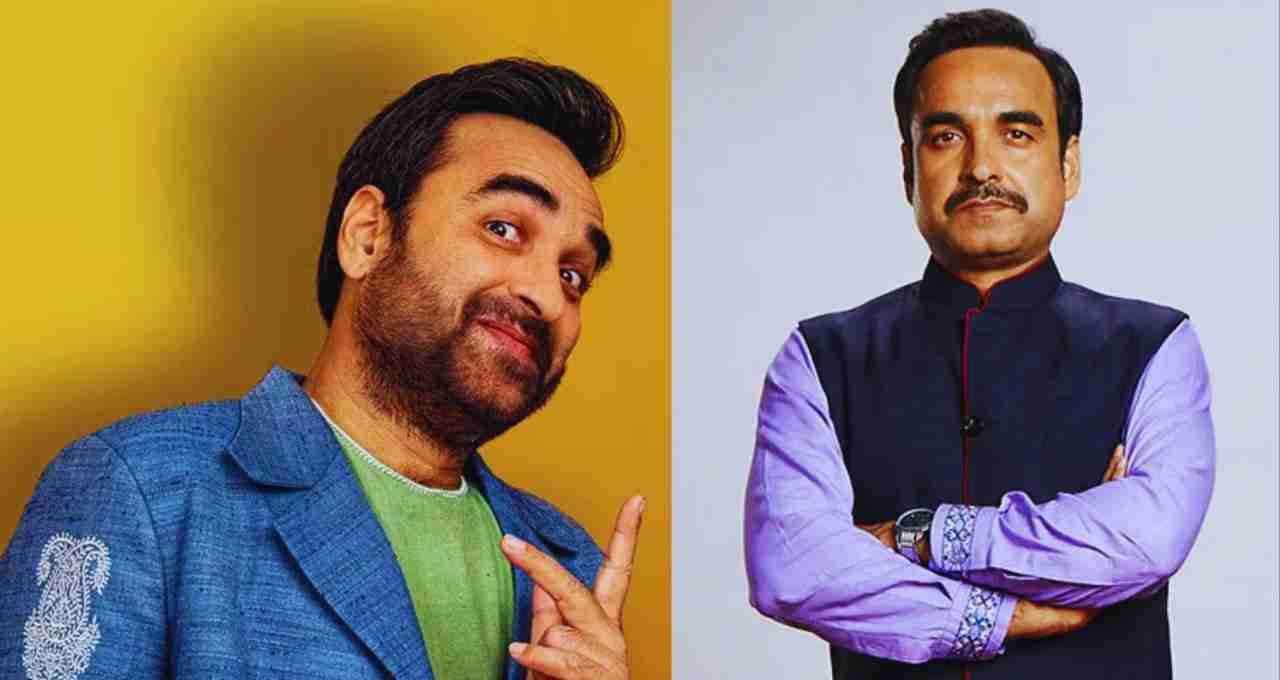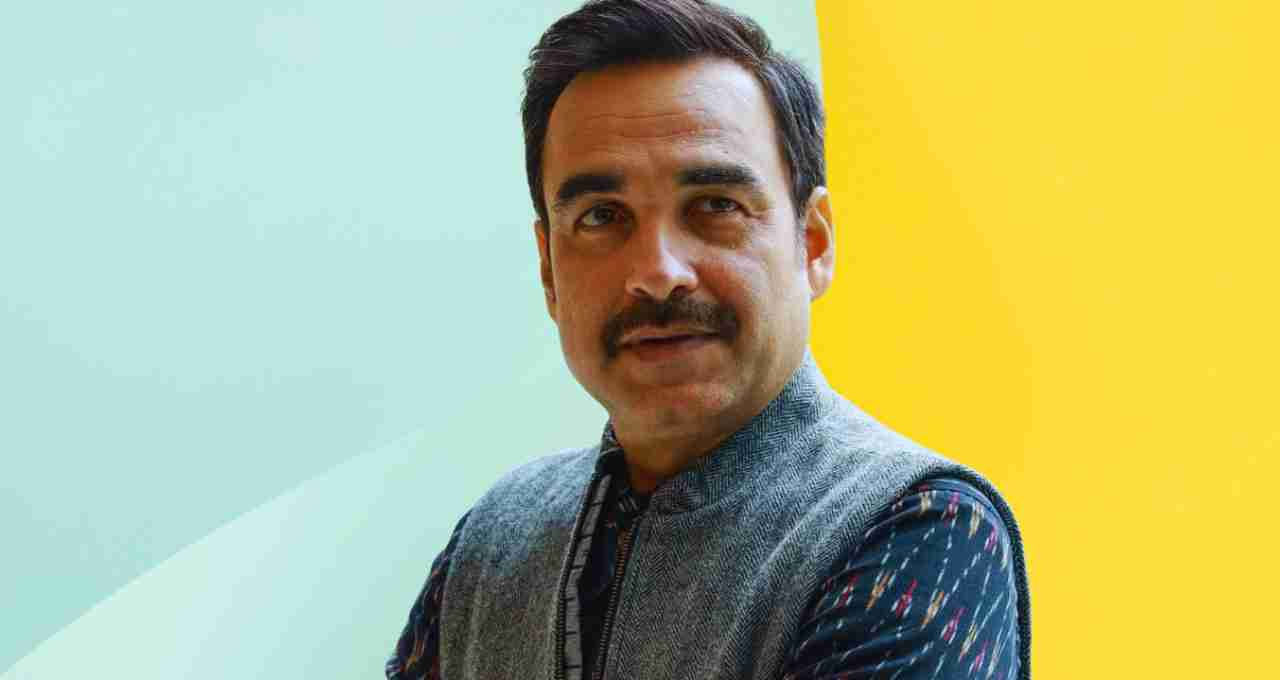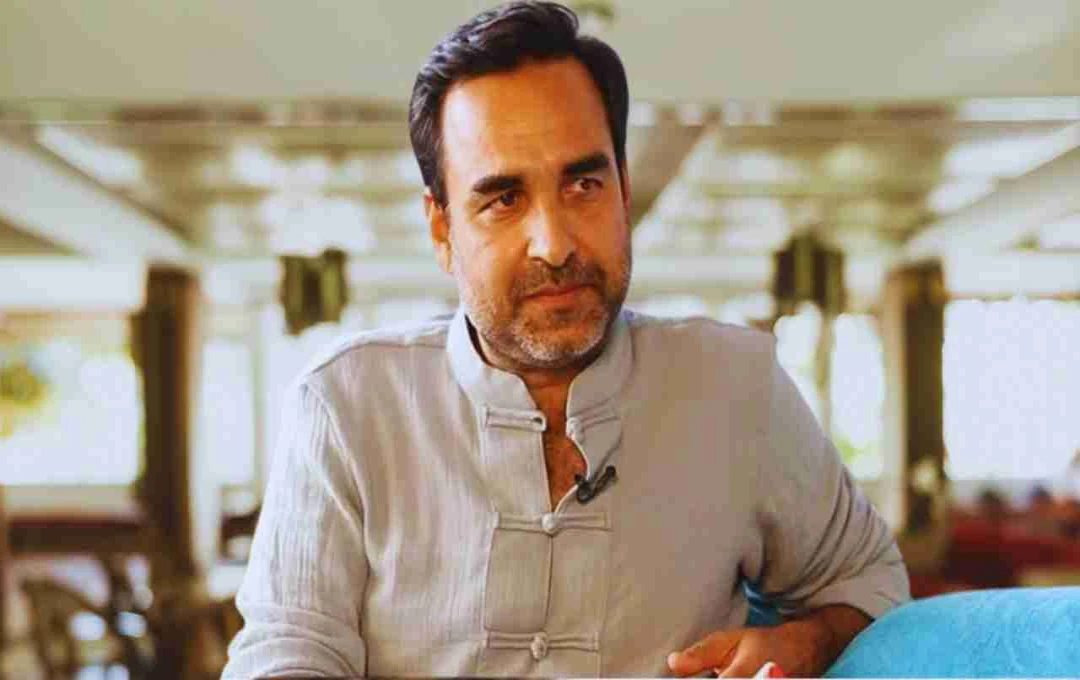Pankaj Tripathi stated that without OTT platforms, his acting wouldn't have reached the people. Digital media provided a platform for actors like him, who perform with depth, something they had long sought.
Pankaj Tripathi: In Bollywood today, if any actor's name is synonymous with simplicity, depth of acting, and relatable stories, it's Pankaj Tripathi. Known for his candid opinions and natural acting, Pankaj is now not just an actor but an inspiration for a new generation. However, behind this success story lies a long struggle of 9-10 years. In a recent interview, Pankaj Tripathi explained how OTT platforms became a lifeline for him; otherwise, he wouldn't have been understood by the general audience.
OTT Gave Him True Recognition
Pankaj Tripathi believes he gained recognition for his acting because of OTT platforms. Whether it's 'Kaleen Bhaiya' in Mirzapur or the honest lawyer in Criminal Justice, these roles made him popular across the country.
He says, "I've been an early adopter of OTT. When social media and mobile phones became ubiquitous, people started noticing my acting. Then the media discovered me. Otherwise, what I do, that kind of acting, wouldn't be understood by viewers with a traditional perspective. I don't portray emotions very loudly, like Irrfan Khan did. That's why we were understood late."
Art Cannot Be Compared

Pankaj Tripathi's perspective on comparing world cinema and Indian cinema is very clear. He says that India's stories, society, and culture are different, so comparison itself is wrong.
"Our cinema was born with songs because our culture has music in every emotion. Weddings, mundan ceremonies, harvests – we sing on every occasion. So, it's natural for songs to be in cinema. Western cinema has a different realism. Therefore, global awards or comparisons shouldn't determine the quality of any art."
Why Have Our Stories Weakened?
Pankaj Tripathi believes there was a time when literature and cinema had a deep relationship. Films were made on the stories of Phanishwarnath Renu, but then that connection broke.
"Now, filmmakers don't even read Hindi literature. Those who don't read, how will they understand the roots? But now, through OTT, change is coming. Panchayat is a great example, completely rooted. Many writers are now coming from literature, society, and regional backgrounds, so there's depth in the content."
NSD Opened a New Door to Art

Pankaj Tripathi, an alumnus of the National School of Drama (NSD), says that going there gave him the opportunity to understand the relationship between art and life. He shared an anecdote, "We were told to create our own window image. Three of us would create a window scene together, but our teacher, Anuradha ma'am, would keep changing it. One day we put a bindi on a mirror hanging on the window – only then did we get approval. From there, I learned that things like 'a beautiful girl at the window' are common; real art is about finding something new."
Justice and 'Criminal Justice'
In the web series Criminal Justice, Pankaj Tripathi plays an honest lawyer. He believes that the Indian justice system is complex and its challenges are immense.
"Our population, pending cases, and lack of resources – all these contribute to delays in justice. But our system says that even if the guilty go free, the innocent shouldn't be punished. Therefore, we exercise caution at every step."
Why Are 8-Hour Shifts Necessary?
There's currently a debate in the film industry about 8-hour shifts. Pankaj Tripathi said, "Globally, this formula is adopted – 8 hours of work, 8 hours of sleep, and 8 hours of family life. But in our industry, 12-hour shifts are common. I've personally experienced that when I don't get enough sleep, it affects my acting. An actor is the only person who does emotional labor. In that case, his rest is most important."











